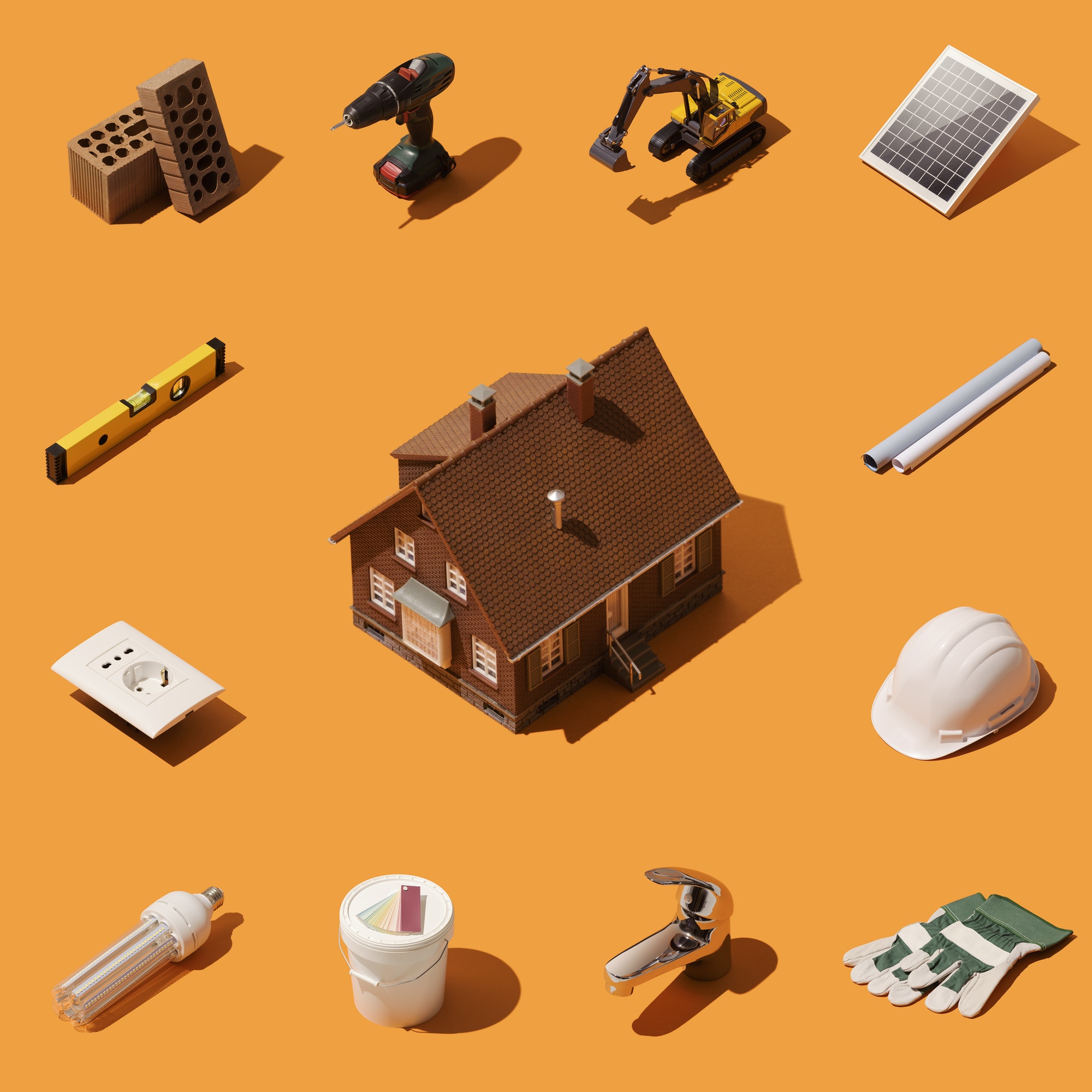“Getting your own place” can mean anything from renting the roof over your head to making a substantial investment.
How happy you are with where you live—the physical space, the ambience of the neighborhood, the proximity to your job, even the price you pay—can have a major impact on your attitude toward all the other parts of your life: your job, your friendships, even your relationship with your family. That probably means that finding the right place to live becomes one of your priorities, even if it’s a continuing process of trial and error.
Everybody’s housing wish list is a little different. If you work long hours, you might value an easy commute to your job. If reducing your living costs or increasing your living space is more important than convenience, you might decide to live farther away—though you need to factor in the cost and the time of your commute. If you’re single, you might also think about living with your parents for a while until you can afford a place where you’d really like to live.
SHOULD YOU BUY?
For many young people, the cost and obligation of a mortgage are too intimidating, so they rent. But if you’re at the right point in life and the price is right, buying a home can be a smart idea. For example, if you’re starting a family, taking a long-term job, or if you know you’re going to be in one place for more than a few years, you might want to think about taking the plunge and investing in a home.
Owning your home can often be a way to get more space for less money. And there can be some real financial advantages. While you’ll have to keep up with a mortgage and regular property taxes, you can deduct these taxes, as well as interest on your mortgage, on your tax return. And in a good economy with a strong real estate market, your home can be a great investment.
Of course, those mortgage payments— and the down payment that you’ll have to make up front—aren’t exactly small, and not everybody has that kind of money to lay out in their first years on their own. And even if you do have the money, it’s possible that buying isn’t the smartest thing, at least not yet. If it’s likely you’ll move around in the next few years, a home can be a burden. And your money might earn more if you invested it elsewhere.
LOCATION, LOCATION, LOCATION
If you’re like many young people, the kind of job you’ve got, or the kind you’re looking for, will have a large effect on where you end up living. Of course, that’s not the case for everyone—some people base their job searches around where they want to live. But whatever your priorities are, you don’t have to be locked in by a decision. You’ve got a bunch of alternatives to consider, each with its strengths and weaknesses:
IS IT SMART TO RENT?
Having relatively little long-term obligation is one of the things that makes renting so appealing to young people. While you may have to come up with a few months’ worth of rent as a deposit, it won’t be as much as a down payment. You’re not responsible, financially or otherwise, for repairs or maintenance. And since you haven’t actually made an investment in your home, you can move without worrying too much about losing money.
But of course, not making that investment means that as long as you rent, you’ll be spending money to live without getting anything back other than a roof over your head. And if prices skyrocket, chances are you’ll be at the mercy of the market. Still, the short-term affordability and the freedom to move make renting the more popular choice for young people.
Whatever you do, try to make a decision that makes sense financially and emotionally—don’t pick a place you know you’ll hate just to save money, or move somewhere you can’t afford because it seems like a cool place to be.
MUSICAL HOMES
Chances are you’ll move regularly in the next few years, changing your home as often as you change your job—or maybe more often. If you keep track of what’s been good and what’s been awful about the places you leave, you’ll have a better sense of what to look for in your next house or apartment. For starters:
- Check water pressure in the shower and the age of the bathroom fixtures
- Consider the age of the stove and the state of the refrigerator
- Ask about laundry facilities
- Check the electric outlets and wiring




